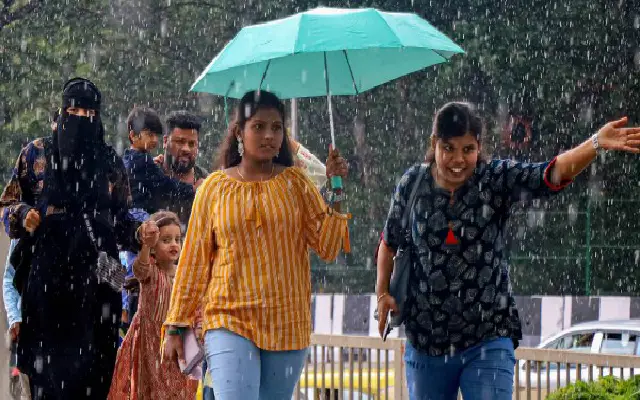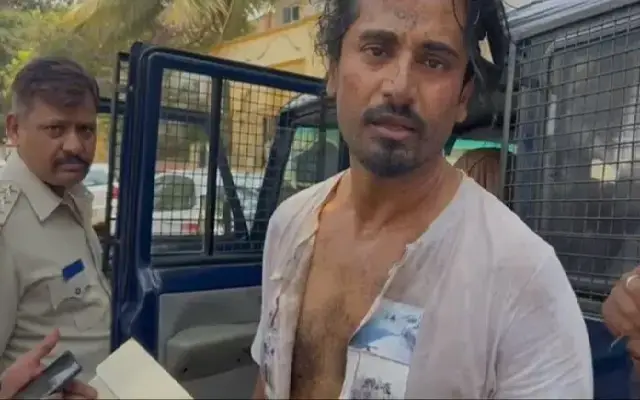
Jaipur: The Rajasthan Police Constable Entrance Examination 2018 held recently was cancelled on Tuesday following reports of “hi-tech cheating” during the test, a senior official said.
The decision was at a high-level meeting — chaired by Director General of Police (DGP) O.P. Galhotra — that was attended by several senior officials including Umesh Mishra, Assistant Director General (ADG) – Special Operations Group (SOG), and ADG (Headquarters) Rajiv Sharma, among others.
The entrance examination was the first leg of the process to recruit 5,290 constables in Rajasthan.
The online examination, held first time in the state for police recruitments, had commenced on March 7. But on March 12 and 14, cases of computer hacking were reported. The police also got information about an organised racket indulging in cloning of biometric identity.
According to reports, they even provided expert proxy examination solvers to answer the papers on behalf of real candidates.
An investigation was launched and 12 persons were initially rounded up. Later, as the probe progressed, more names surfaced. Till now, 27 persons have been arrested by the SOG over the hi-tech fraud.
Around 15 out of those arrested are highly-skilled IT professionals, and have in the past facilitated similar cheating in states like Delhi, Haryana and Uttar Pradesh, among others.
According to Inspector General of Police (IG) Dinesh M.N., accused Atul Vatsa is a B.Tech student who adopted similar technique during a National Eligibility and Entrance Test (NEET) in Delhi and was arrested by the police. He also has a case registered against him in Bihar.
Similarly, his accomplice Yogendra is an MBBS student in a Rohtak college, while Sandeep Kumar, their third helping hand, is preparing for his bank exams in Delhi.
The accused said they learnt the art of making thumb-print clone on youtube. “It taught us how to use fish oil, wax and fevicol to make this clone,” one of the accused said. They would apply fish oil on applicant’s thumb, put it on warm and soft wax and apply a film of fevicol on reverse finger print to obtain the clone after the fevicol dried.
The expert proxies used the cloned fingerprints to appear for exams. The cloned thumb-print was smartly affixed onto the thumb of the expert proxy examination writer. He could walk into the centre and sit in the examination on behalf of the applicant.
Informed sources said offline entrance examination would most likely replace the online model.


















